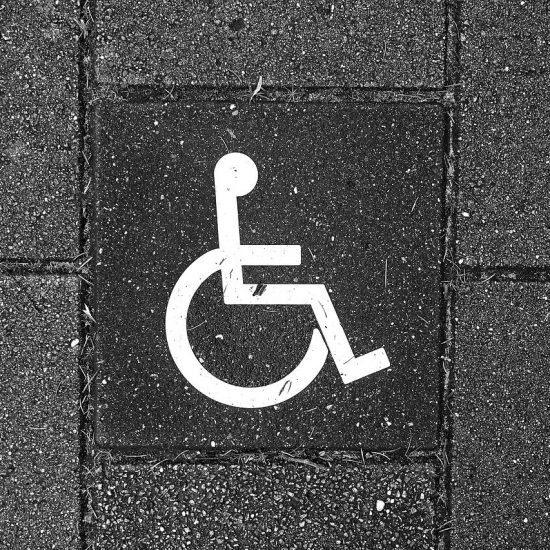By Frank Fain
“Even the gods love jokes.” — Plato
In 1976 the New England Journal of Medicine published an article by Norman Cousins on the benefits of humor and laughter in the healing process.
In 1979 Cousins expanded the article into his memoir Anatomy of an Illness.
In 1964 Norman Cousins was diagnosed with ankylosing spondylitis (also known as Bechterew Disease), an acute inflammation of the spine and other areas of the body. Cousins’ illness was so severe he was given only a one in 500 chance of recovery and was told he had just a few months to live.
Traditional methods of treating the illness were not working for Cousins, so he decided to try a non-traditional method. He knew studies had found that negative attitudes and thoughts could result in sickness, so he reasoned positive thoughts and attitudes might lead to wellness.
Cousins left the hospital and checked into a hotel. Daily he took massive doses of vitamin C and found a diet of comedies like the Marx Brothers films and episodes of "Candid Camera" helped him feel better.
He wrote that 10 minutes of laughter resulted in at least two hours of pain-free sleep. He continued his vitamin and comedy-based treatment until he was cured.
Cousins experience proved the saying “Laughter is the best medicine” to be true. It also launched the science of gelotology — the psychological and physiological study of laughter and its effects on the human body.
Over the last 30-plus years, there have been thousands of studies focused on the health benefits of humor and laughter for healthy and ill adults, children, teens and older adults. These studies have found there are many physical, mental and social benefits of laughter.
Now why am I writing about benefits of laughter in a column directed toward adults age 55-plus? Because many of these studies found that the older we get the less we laugh.
Preschool children laugh up to 400 times a day, but adults laugh a mere 17 times per day on average. Older adults laugh even less.
It seems the older we get the more seriously we take life and the more uptight we become, which may be detrimental to our health and well being. Perhaps as we age we take life too seriously and do not take humor seriously enough.
As one researcher wrote, “We don’t stop laughing because we grow old; we grow old because we stop laughing.”
In the next several columns I will share the many physical, psychological and social benefits of laughter. My goal is to lead the reader to include more humor in daily life.
But do not wait for my next column; start today to add more humor to your life by: renting/watching a comedy classic from the video store, read the jokes in Reader’s Digest, read the comics in the paper, ask your friends and co-workers to share the funniest joke they know or check out humorous books from the library.
In closing, I want to thank Joe Pewitt, senior adult director and church counselor for Fee Fee Baptist Church in Bridgeton. Several years ago, Pewitt introduced me to the “Benefits of Laughter” in an enrichment conference at a senior adult retreat at Windermere.
Through his encouragement, I have made an effort to add more humor and laughter to my life (and hopefully a few more years to it). His conference was the beginning point to my research into this topic.
Thanks, Joe!
Frank E. Fain is the director of senior adult ministries and educational services for The Baptist Home. His 55+ Adults column is a regular feature in Word&Way. Contact him at ffain@thebaptisthome.org.

